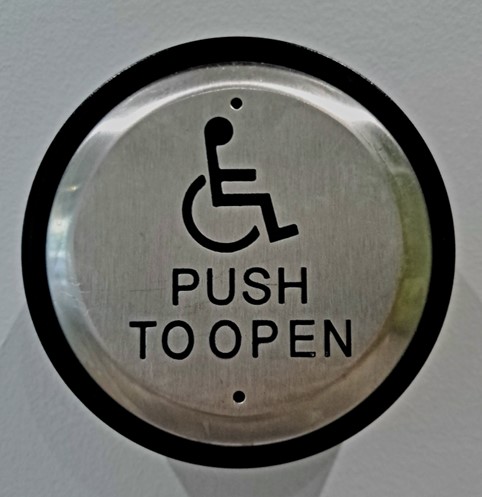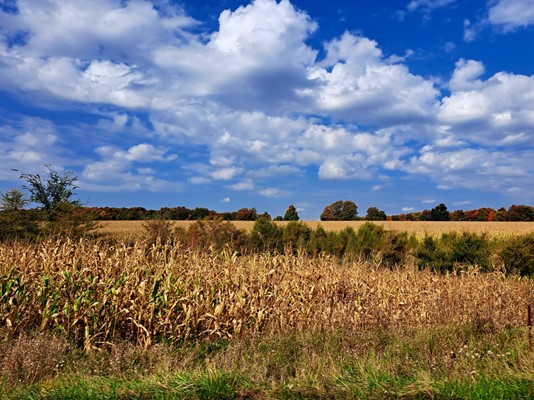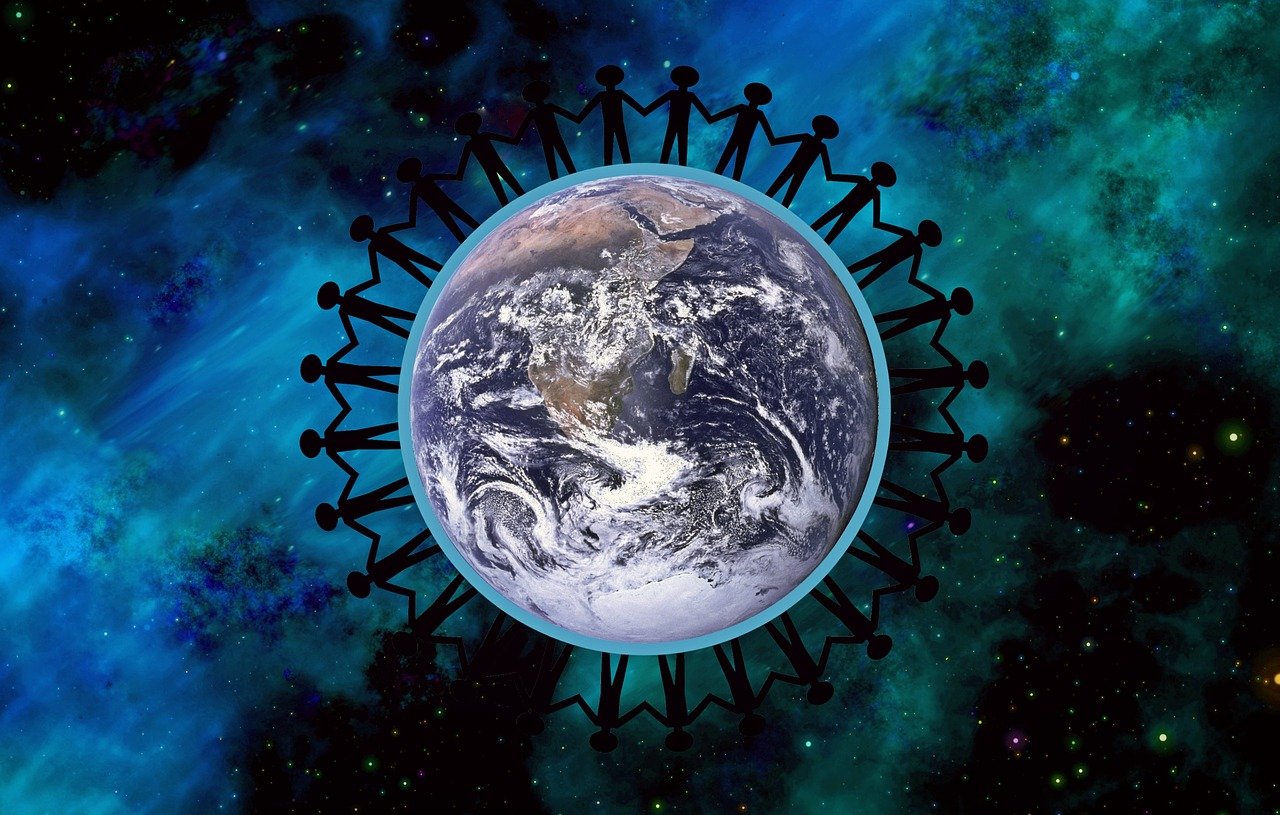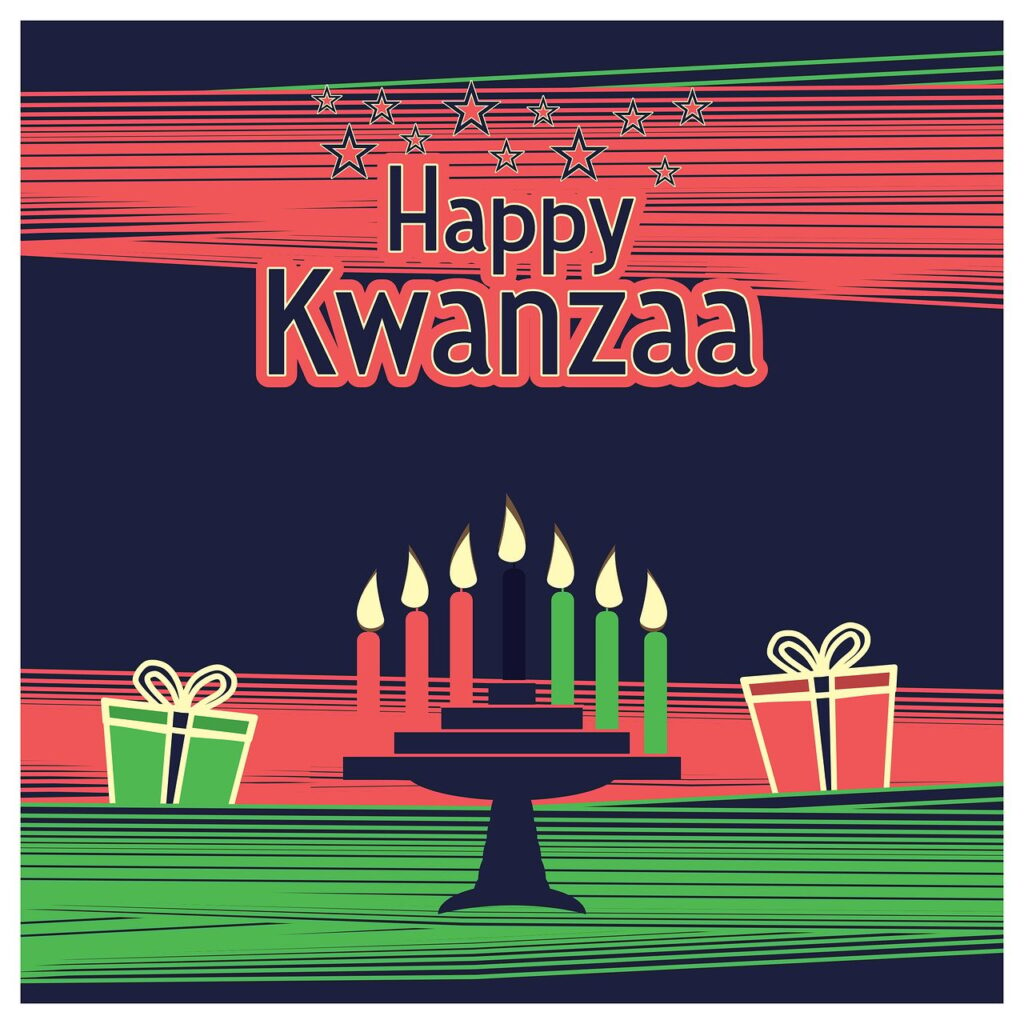Partners in Project Green shares Days of Awareness each month to spread awareness and start conversations. These days may have a social, historical, or sustainable significance. Below is a small sampling of important days to acknowledge or remember.
International Day of Persons with Disabilities – Dec. 3

The annual observance of the International Day of Persons with Disabilities (IDPD) was proclaimed in 1992 by the United Nations General Assembly. It is a day to recognize that not everyone has the same ability to participate equally in society and that we as a collective have a responsibility to find ways to support their needs.
More than 6.2 million Canadians have a disability – and many have disabilities that are not visible. Last year, the Federal Government launched Canada’s first-ever Disability Inclusion Action Plan, which aims to improve the lives of persons with disabilities and allow them to participate in society safely and dignity.
World Soil Day – Dec. 5
Here’s the dirt on dirt: it is essential to support life on this planet. Over 95 percent of our food originates from soil and water, two fundamental resources that sustain us. World Soil Day aims to raise awareness of the importance and relationship between soil and water in achieving sustainable and resilient agri-food systems. Climate change and human activity have resulted in soil degradation and put excessive pressure on our water resources.
To become better stewards of the land, the agricultural sector should adopt sustainable soil management practices such as minimum tillage, crop rotation, organic matter addition, and cover cropping to improve soil health, reduce erosion and pollution, and enhance water infiltration and storage.

Human Solidarity Day – Dec. 20
Humans are a social species. We survive and thrive when we come together as a community to support one another and apply our creative abilities to develop and grow. On Human Solidarity Day, it is a day to celebrate our unity in diversity, to raise public awareness of the importance of solidarity, and to encourage debate on the ways to promote solidarity for the achievement of the Sustainable Development Goals including poverty eradication. In solidarity, we can collaborate to solve the world’s issues and become more resilient to the many difficulties that may come our way.

Kwanzaa – Dec. 26 to Jan. 1

One of the many holidays celebrated near the end of December is Kwanzaa, a holiday affirming African family and social values that was devised in 1966 by Professor Maulana Karenga at California State University. An important figure in Afrocentrism, Karenga borrowed the word kwanza, meaning “first,” from the Swahili phrase matunda ya kwanza. The concept of Kwanzaa draws on Southern African first-fruits celebrations. This nonpolitical and nonreligious holiday is celebrated primarily in the United States but has since been recognized by people of African decent in the Caribbean, Canada and other countries.
